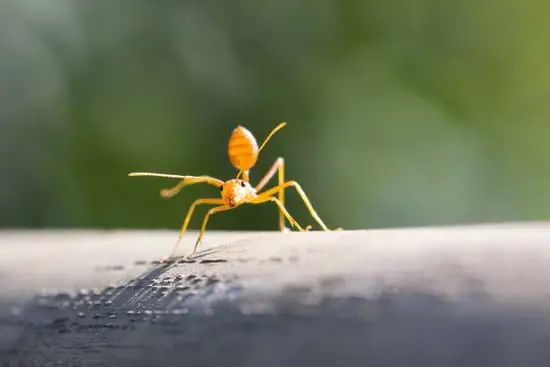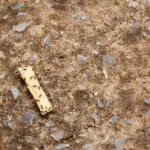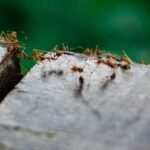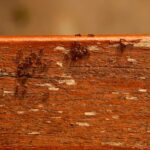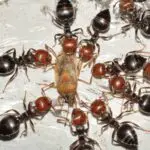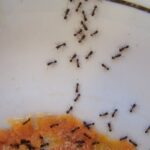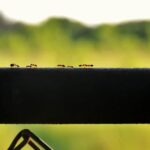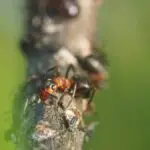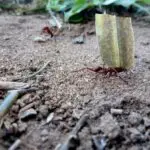How Do Ants Kill Aphids?
Whether they are called plant lice or lacewings, aphids are a nuisance. Their eating habits weaken plants, making them easy targets for bacteria and viruses. If left unchecked, aphids can spread disease and devastate crops.
Ants have been known to feed on aphids, but this isn’t always a good thing. Ants are known to damage plants and even to kill them. This can result in poor crop yields, and it can also be a health hazard.
Ants eat aphids in order to feed themselves, and they also serve as protectors. They keep aphids safe from predators such as ladybirds. Ants also protect aphids from fungal outbreaks.
Some ants will also eat aphids if they’re no longer productive. Ants also groom aphids to prevent infection. Ants also take care of aphids by removing ill aphids from the colony.
Ants can produce chemicals that sedate aphids. These chemicals act like pheromone trails. Whenever aphids react to the chemicals, the ants respond. This encourages the aphids to stick closer to the ants and their colony.
Ants also produce chemicals to recognize the members of their colony. They will also chew off the wings of aphids. This prevents them from flying and spreading infection.
Ants will also carry aphids to a new plant. Ants also protect aphids by storing aphid eggs in a nest. Ants also clean aphid eggs.
Ants are a common part of a garden. They are able to carry 5,000 times their own weight.
